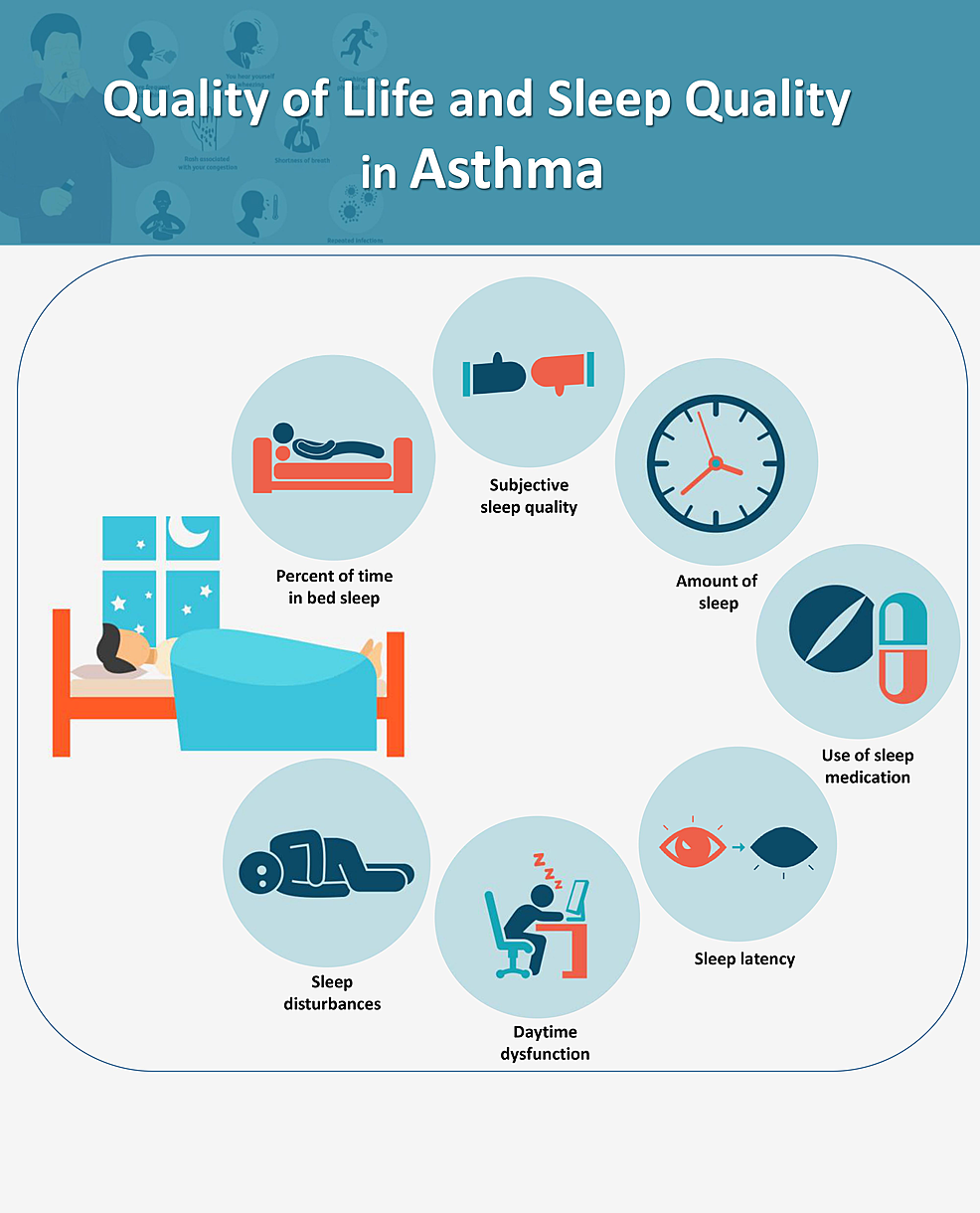In the modern age one will often be bombarded by health tabloids with snappy titles attempting to sell you on their new diet, supplement, or lifestyle when looking for health advice. They often expound a new diet that is proven by SCIENTISTS to be ideal for sleep, lifestyle, and weight loss(compared to the other ones that are also proven to be ideal by the ever-pervasive scientists). Among this buzz of marketing it can often be difficult to get any concrete info on what's best for oneself, which is why we need to look to genetics.
 |
| Examples of some chronotype categories |
Chronotypes are a term utilised by sleep scientists to categorise individuals based on inborne preferences related to their internal clock/circadian rhythms. This genetic predisposition can be positively correlated with a variety of interesting things that one may be believe are simply lifestyle-related. Things like preferring late nights or mornings for work, risk for video game or internet addiction, and even appetite have been positively correlated to chronotypes. Being more of a "neutral" chronotype, as in following the sun more or less, is correlated with less risk of obesity, normal metabolism, and less risk for addiction. On the contrary, a more "extreme" chronotype, those being extreme night owls or early risers, are more at risk for sleep-related illness, addiction, and potentially more. Overall, if one is concerned about their health it may be worth looking into chronotype studies to figure out how their genetics may be affecting their day to day.
Sources:
https://www.yahoo.com/lifestyle/best-time-wake-day-genetics-194209285.html?guccounter=1
https://www.sleepfoundation.org/how-sleep-works/chronotypes
https://www.sciencedirect.com/topics/psychology/chronotype#:~:text=Chronotype%20refers%20to%20the%20endogenous,to%20personality%20and%20lifestyle%20aspects.












